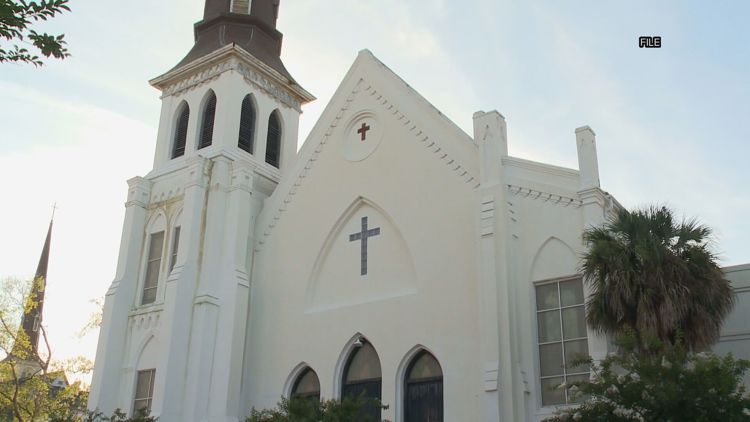COLUMBIA, S.C. — Debate on enacting a law to enhance the penalties for proven hate crimes in South Carolina will soon start again after a failed bill was refiled in the House ahead of next year's legislative session.
The "Senator Clementa C. Pinckney Hate Crimes Act" will come before the House next year. The bill adds penalty enhancements of up to $10,000 in fines and a maximum of 5 years in prison if a crime is proven to be motivated by hate based on someone's "race, color, religion, sex, gender, national origin, sexual orientation, or physical or mental disability,"
South Carolina is one of only two states without a hate crimes law. Representative Wendell Gilliard, D-Charleston, refiled the bill this year, named in honor of state senator and Mother Emanuel A.M.E. Church pastor Clementa Pinckney—who was among the nine victims of the 2015 Charleston church shooting.
"We should have already have gotten it done by virtue of that alone," said Rep. Gilliard. "And to have one of our own members, our own soldiers, state senator Clementa Pinckney, to be among the victims. You know, it says a lot about how far we've come and what we have to do."
He says the bill would also require hate crimes to be recorded in South Carolina.
Why proponents say a state hate crime law is needed
A federal hate crimes statute exists called the Matthew Shepard and James Byrd Jr. Hate Crimes Prevention Act. It was enacted in 2009 in response to the infamous murders of Matthew Shepard, who was killed because he was gay, and James Byrd Jr., who was murdered because of his race, according to Mark Yancy, a professor at the University of South Carolina School of Law. But Yancy said federal prosecutors can't take up all of those crimes, and an added state law lets the penalty enhancements take place at the local level.
“The federal government may feel like it's not necessary to expend some of their resources,” Yancy said. “The crime may not be serious enough to expend their resources on certain types of state crimes, so having a fallback state crime option is really beneficial for these types of cases.”
If the bill passes, it wouldn't create a new crime but enhance the penalties of crimes motivated by hate, which can add another layer of complexity to prosecuting those cases, Yancy said.
"So, typically, prosecutors are not required to prove motive, but if they wanted this sentencing enhancement, it would add an element, and they would have to prove to a jury, beyond a reasonable doubt, that the reason the victim was targeted was because of their race or their color or their religion or their national origin, gender, sexual orientation or disability," Yancy said.
Hate crimes law faces challenges at the State House
While similar bills have passed the South Carolina House multiple times, they have repeatedly stalled in the Senate. Gilliard said it would be poignant to see it come to fruition this session on the 10th anniversary of the Mother Emanuel AME Church shooting.
"We'll need the civic organizations on our side to help push it forward," Gilliard said. "We're going to need the faith-based community of all religions, once again, to help us build a coalition to get the message across come second week in January and hopefully moving forward."



